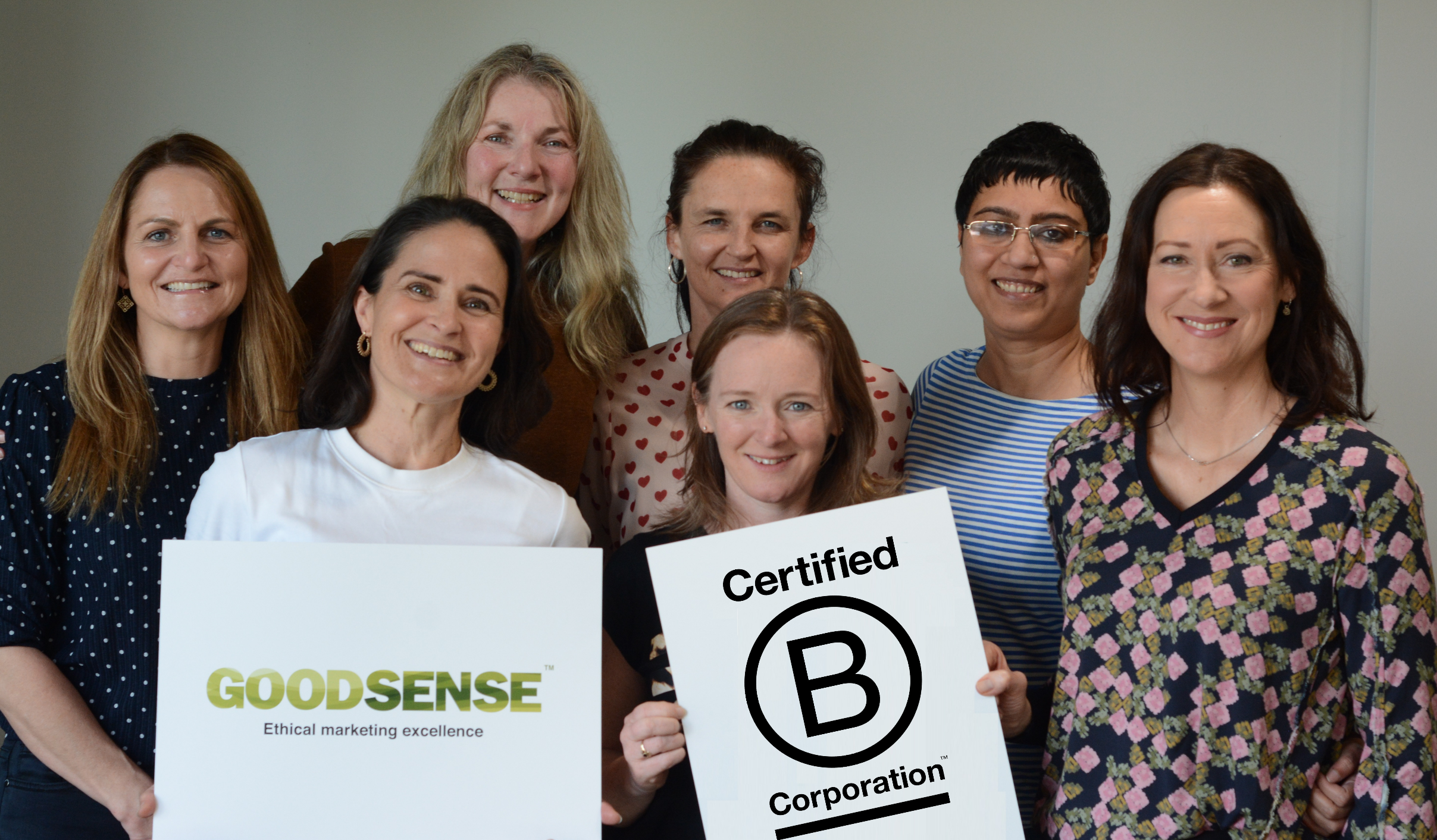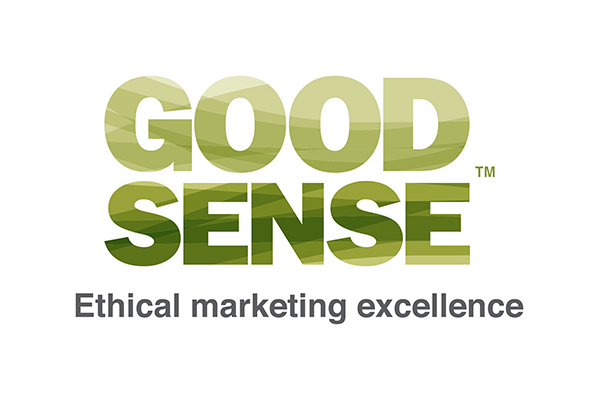

GoodSense

Auckland Region, New Zealand
July 2022
Advertising & market research
Service with Minor Environmental Footprint
Australia,
New Zealand,
Switzerland,
United Kingdom
Marketing sustainability - supporting organisations who do right by nature and people to grow their impact. Our experienced ethical marketing team work with our clients to help grow their success. If your organisation is making things better for society or the environment – or both! – we’d love to help you in your marketing. You can use us as an outsource ethical marketing team to: • Help with planning your brand, media and marketing communications or digital strategy • Coach or train you and team members in marketing and media management and implementation • Deliver your marketing and media relations for you Goodsense has been leaders in marketing sustainability since 2010 and became a Certified B Corp in 2022. Our team of passionate and strategic marketers are based throughout Aotearoa New Zealand and now in Australia too. We all have a breadth and depth of experience in marketing sustainability so you know we share your values and can be effective faster. We’ll work with you, using our proven collaborative methods, wherever you are, as your outsource marketing team. Find out more at GoodSense.co.nz, call + 64 9 9730960 or follow us www.linkedin.com/company/goodsense
Overall B Impact Score
Governance 9.8
Governance evaluates a company's overall mission, engagement around its social/environmental impact, ethics, and transparency. This section also evaluates the ability of a company to protect their mission and formally consider stakeholders in decision making through their corporate structure (e.g. benefit corporation) or corporate governing documents.
What is this? A company with an Impact Business Model is intentionally designed to create a specific positive outcome for one of its stakeholders - such as workers, community, environment, or customers.
Community 44.9
Community evaluates a company’s engagement with and impact on the communities in which it operates, hires from, and sources from. Topics include diversity, equity & inclusion, economic impact, civic engagement, charitable giving, and supply chain management. In addition, this section recognizes business models that are designed to address specific community-oriented problems, such as poverty alleviation through fair trade sourcing or distribution via microenterprises, producer cooperative models, locally focused economic development, and formal charitable giving commitments.
Environment 10.4
Environment evaluates a company’s overall environmental management practices as well as its impact on the air, climate, water, land, and biodiversity. This includes the direct impact of a company’s operations and, when applicable its supply chain and distribution channels. This section also recognizes companies with environmentally innovative production processes and those that sell products or services that have a positive environmental impact. Some examples might include products and services that create renewable energy, reduce consumption or waste, conserve land or wildlife, provide less toxic alternatives to the market, or educate people about environmental problems.
Customers 25.2
Customers evaluates a company’s stewardship of its customers through the quality of its products and services, ethical marketing, data privacy and security, and feedback channels. In addition, this section recognizes products or services that are designed to address a particular social problem for or through its customers, such as health or educational products, arts & media products, serving underserved customers/clients, and services that improve the social impact of other businesses or organizations.
What is this? A company with an Impact Business Model is intentionally designed to create a specific positive outcome for one of its stakeholders - such as workers, community, environment, or customers.